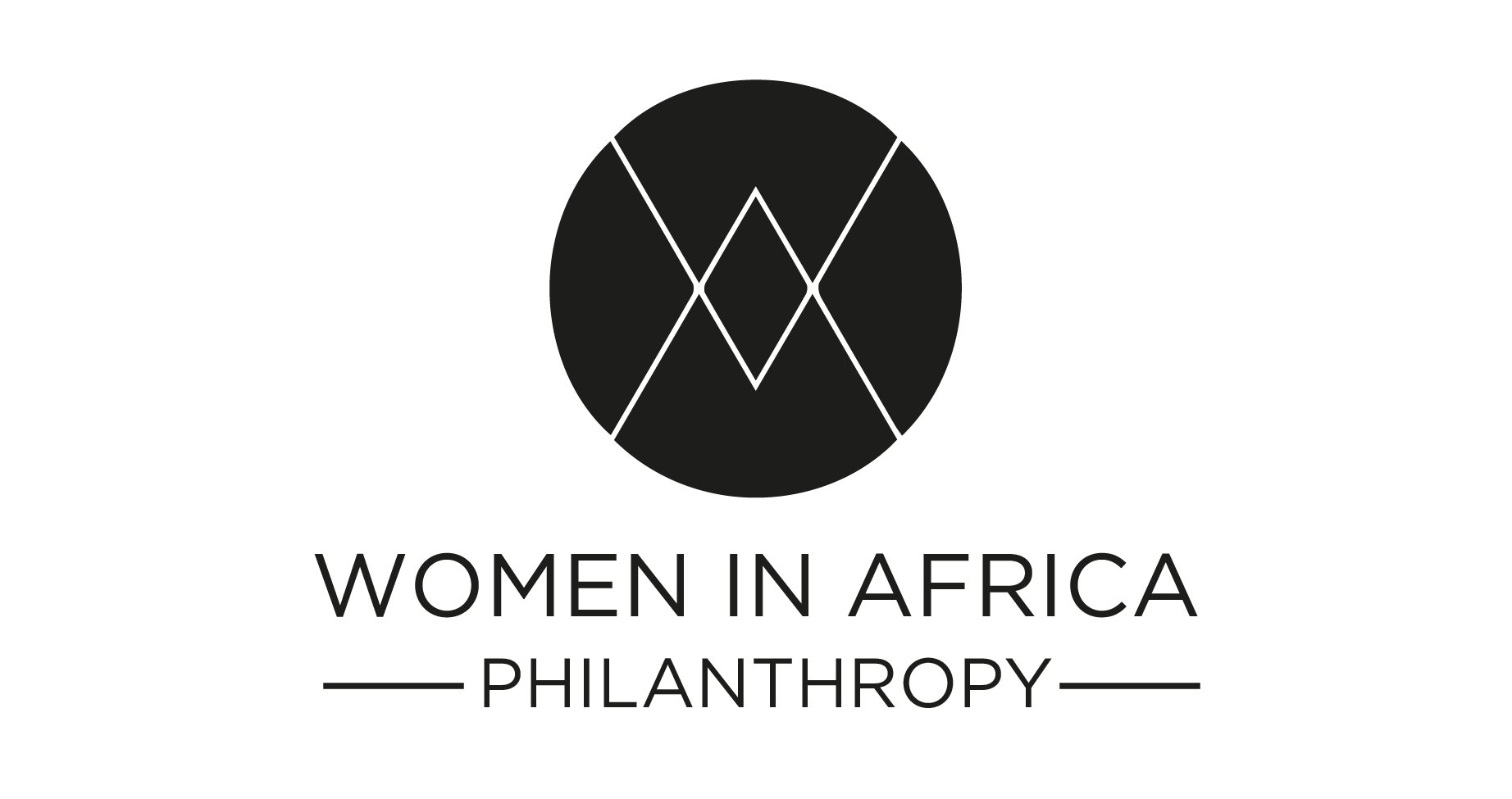President and CEO of the Ivorian Company Cashew Processing (Sita), Massogbé Touré created the cashew industry in Cote d’Ivoire. Leading the commission «development of women entrepreneurship» within the General Confederation of Enterprises of Côte d’Ivoire (CGECI), she advocates both for the empowerment of women in rural areas and the support for producers cashew nuts.
When we see the day in the village, which is even more in Africa, we know better than anyone the value of the land. Born in Odienné, 900 km from Abidjan, Massogbé Touré Diabaté knows that agriculture remains the main source of wealth for rural communities. Also, despite commercial studies and a promising start in a multinational, she returned thirty-two years ago to her sources.
«When I was small, I dreamed of building one day big plans, take care of my parents, my family, my village, and participate in the development of my country. I come from a family of five girls, it was necessary to do everything to make up for the lack of boy. With a father carrier, I learned to drive a tractor very early. I know my region very well, one of the poorest regions of Côte d’Ivoire, where I grew up and did all my studies. The population is 99% agricultural. This agriculture, based on rice growing, and subject to many hazards, also suffers from rural exodus, aging populations and plantations. Confronted with this, I told myself that we had to act. Who other than us, the children of the region, can participate in development? »
«During a trip to India, she finds her golden nugget, the cashew nut, otherwise known as cashew nuts. «Then I decided to resign from my post to return to the Kabadougou region and start growing cashews. I started with five hectares. After four years, I used this crop for free distribution throughout the north of the country. At that time, we produced less than fifty thousand tons a year. Today, three decades after, Côte d’Ivoire has become the world’s largest cashew producer. »

«We were the pioneers, the guinea pigs too. »
Massogbé Touré Diabaté dares the adventure of industrialization at a time when the transformation of raw materials remains a challenge in Ivorian agriculture. «To sustain the industry, we should not stop at production» she explains. In 2000, she set up the Cote d’Ivoire Cashew Company (Sita), the first processing plant for the product in the country.
«We were the pioneers, the escape goat too. I admit that it was not easy. We had to pay everything cash. But today we export to Europe and the United States. We are in the international market. Being the world’s largest exporter of cashew nuts is not a title that honors us. The challenge for us is to transform all national production locally. We cannot continue at the time of Cote d’Ivoire’s emergence to export raw cashew nut! That is what we fight for!»
A pioneer in the sector, and a real entrepreneur at heart, Massogbé Touré is mobilizing for village communities, and first and foremost women. It gives them know-how but also equipment. With a single leitmotiv: to empower women in rural areas. «We have several cooperatives, mostly women. We give them the benefit of our experience by supervising them, supporting them and passing on the best agricultural practices. This coaching allows farmers to become semi-industrial. If they manage to make the first transformation, they create jobs and keep the young people in the villages. The development of this sector gives the possibility to the populations to ensure their own financial autonomy. And this, thanks to these small industrial factories. Even a woman with children will be able to work near her home. We work for sustainable development. Everyone does not have the patience that farming requires. You have to plant, wait, harvest, process, consume or export. We must support those who have try entrepreneurial life. The countries that have succeeded, the emerging countries, have been the ones that have boosted entrepreneurship. »
«The time is no longer for speeches but action »

Aided by these successes, Massogbé Touré was entrusted the presidency of the commission « development of female entrepreneurship » among the Ivorian employers. Without waffle, she calls on the authorities in favor of national farmers, men as well as women. «We Let us urge the public authorities to put in place the necessary measures to support local businesses and promote the emergence of national champions to transform our raw materials, the only guarantee of sustainable development! Today, we welcome the fact that there is a political will in this direction, that of President Alassane Ouattara, who intends to make this country an emerging nation by 2020. This will not happen without the small and medium-sized enterprises and industries, and without processing plants. It is up to us private business people and the CGECI (General Confederation of Enterprises of Côte d’Ivoire) to make strong proposals to the State. Expertises, round tables, forums, are not lacking. The diagnosis is known. The time is no longer for speech but action. Without awareness and action, sectors like that of the cashew will die. We expect concrete measures such as exemptions and bonuses for those who transform. The bottleneck is the equipment. Without cash, producers must go into debt. They cannot rely on a development bank because there is no such bank for smallholders farmers. They have to go through the commercial banks and borrow at a high rate.»
A fight she waged for her, but also for future generations. “Women, here and elsewhere, remain the engine, catalysts and drivers of economic and social development in our nations. As the title of the World Bank’s annual report in 2017 so well puts it: And if emergence was a woman? »

